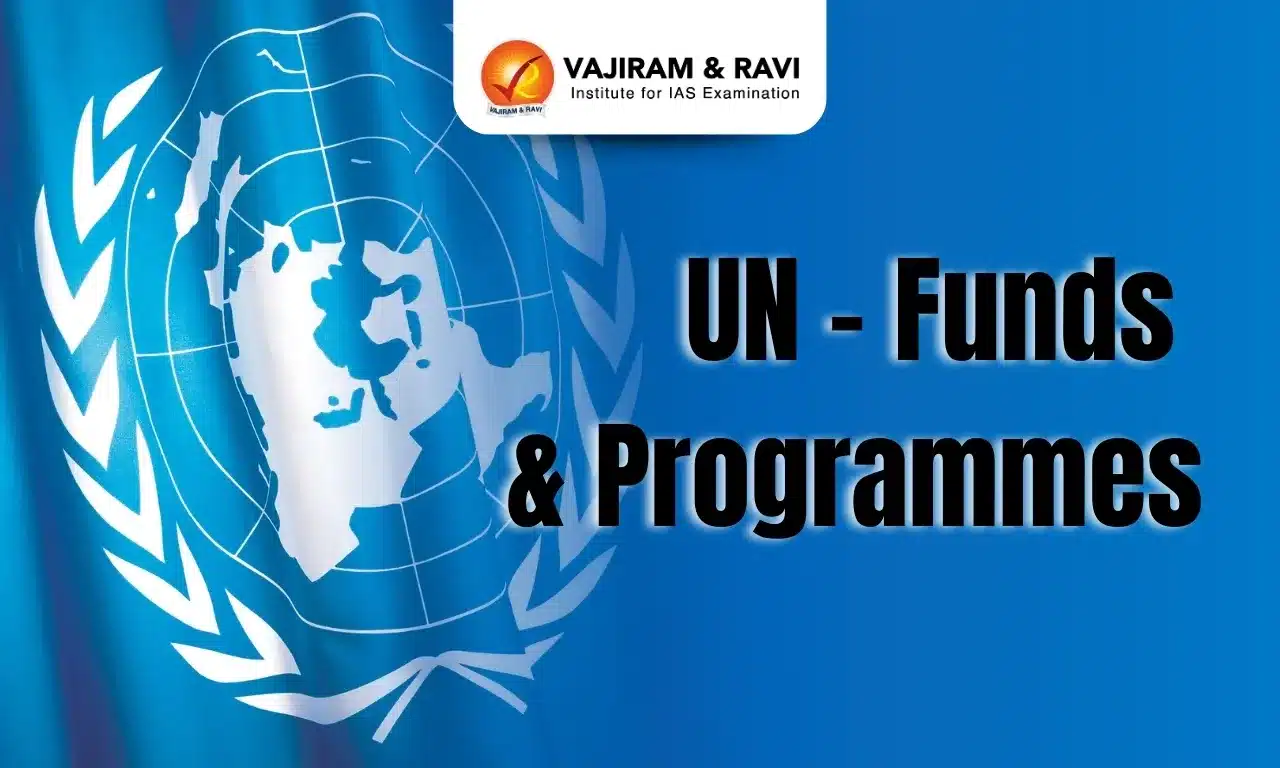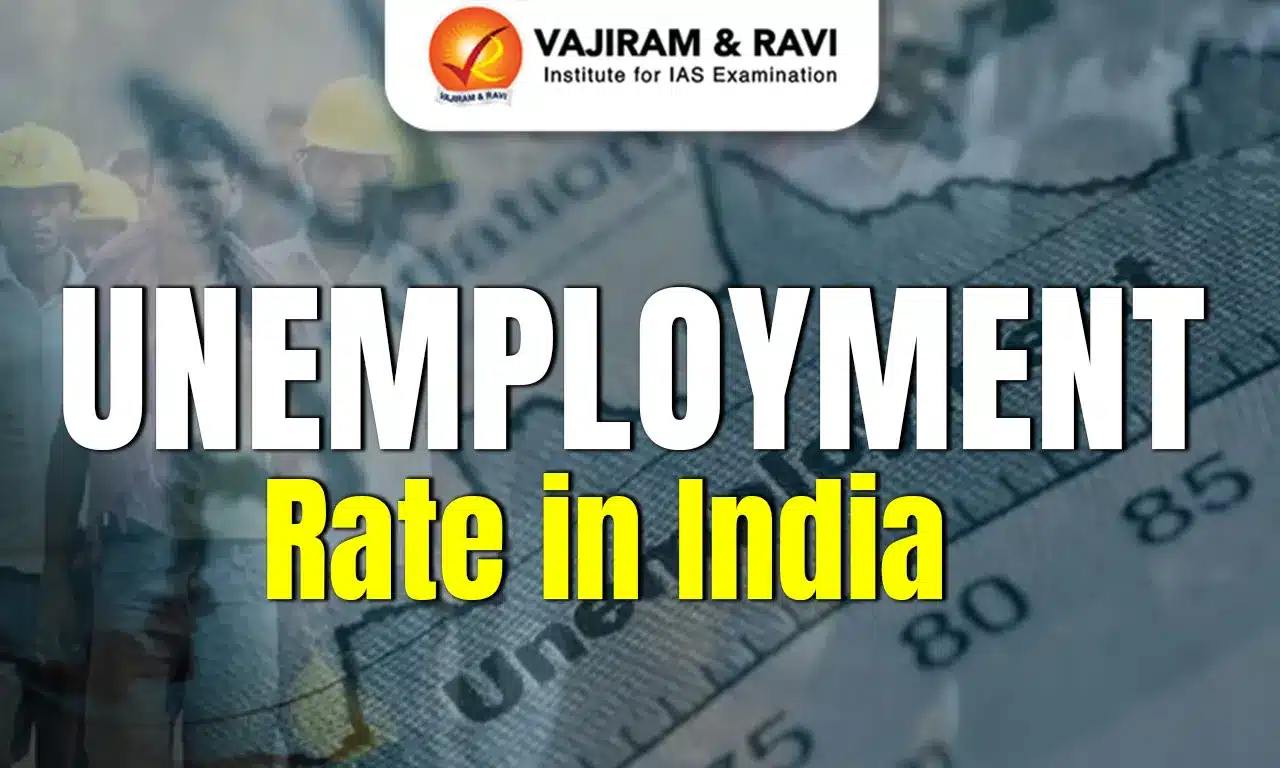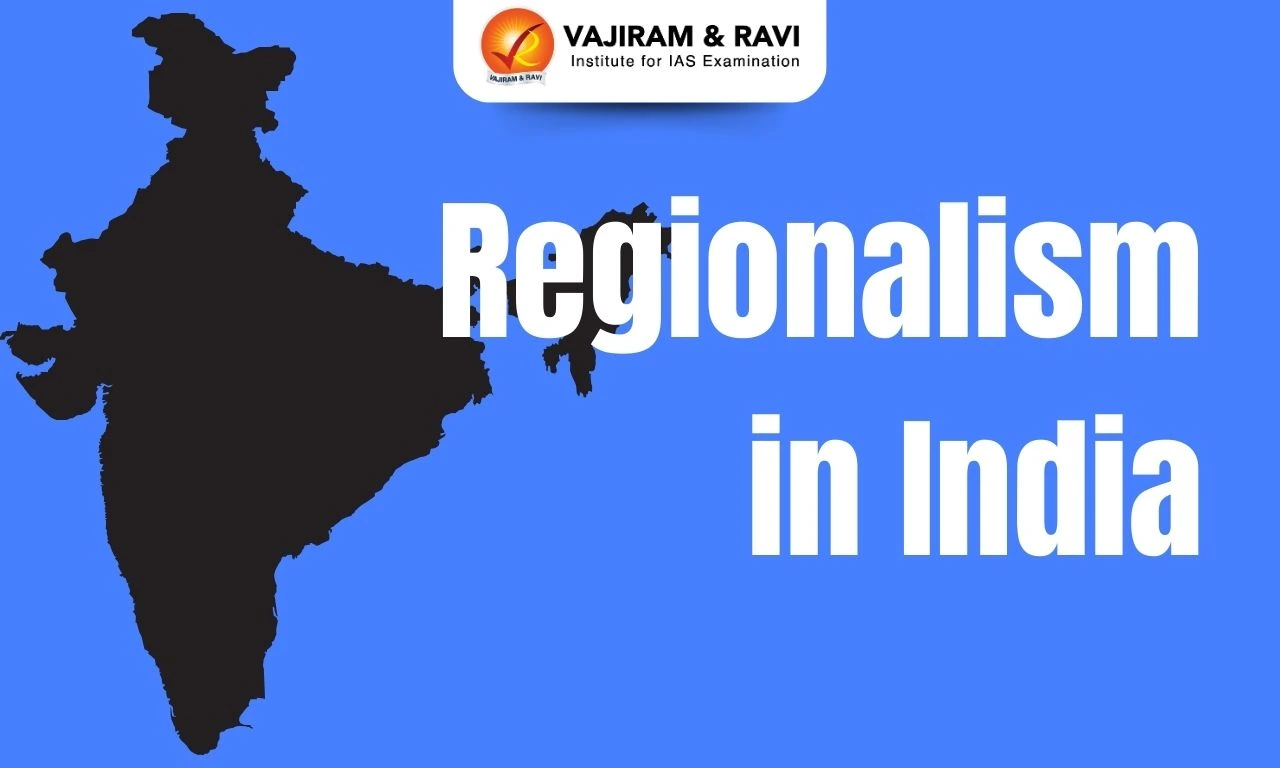What are the UN funds and programmes?
The organisational structure of the United Nations (UN) consists of principal organs, specialised agencies, funds and programmes, related organisations, and other entities and bodies.
- The United Nations (UN) funds and programmes: These are established by a resolution of the UN General Assembly and have a focused mandate. The primary focus is to address particular humanitarian and development concerns.
- Source of funding: The United Nations (UN) funds and programmes are funded either mainly or entirely through voluntary contributions.
- Review: They have a governing body that reviews their activities.
- Coordination of their activities: It is facilitated through ECOSOC and the Chief Executives Board (CEB).
- Governance and composition: UN member states are elected to the governing bodies of the UN funds and programmes. The UN Secretary-General usually appoints the heads of UN funds and programmes.
- The main funds and programmes are:
- United Nations Development Programme (UNDP)
- United Nations Human Settlements Programme (UN-HABITAT)
- United Nations Environment Programme (UNEP)
- United Nations Children’s Fund (UNICEF)
- United Nations Population Fund (UNFPA)
- World Food Programme (WFP)
United Nations Development Programme
- Objective: The United Nations Development Programme(UNDP) works in nearly 170 countries and territories, helping to eradicate poverty, reduce inequalities and build resilience so countries can sustain progress. As the UN’s development agency, UNDP plays a critical role in helping countries achieve Sustainable Development Goals.
- Foundation: Established in 1965 with the merging of the Expanded Programme of Technical Assistance (EPTA) and the Special Fund in 1958.
- Funding: funded by a diverse set of partners – Member states, multilateral partners, non-governmental entities, private and philanthropic sectors, and financial institutions.
- The United Nations Development Group (UNDG): It was created by the UN Secretary-General in 1997 to improve the effectiveness of UN development at the country level. The UNDG brings together operational agencies, such as UNDP, working on development.
- India and UNDP: UNDP has been working in India since 1951 in almost all areas of human development, from systems and institutional strengthening to inclusive growth and sustainable livelihoods, as well as sustainable energy, environment and resilience.
- In a rapidly changing global environment, the work of UNDP and the broader UN family aligns with the Government of India’s new national development vision, India 2030, and builds upon the Sustainable Development Goals.
- UNDP India’s country programme for 2023-2027 has four major focus areas:
- Inclusive growth
- Environment and energy
- Strengthening systems and institutions
- SDG Acceleration
- The Department of Economic Affairs, Finance Ministry, GOI serves as the nodal agency for all matters related to UNDP in India.
- Additionally, the UNDP has established offices in six locations throughout the country.
- In 2019, the UNDP launched its Accelerator Lab in India to work on tackling pollution in collaboration with the government’s Atal Innovation Mission (AIM).
- Important Reports:
- Human Development Report
- Global Multidimensional Poverty Index
- Gender Social Norms Index
- Gender Inequality Index
- Headquarters: New York City, USA
United Nations Human Settlements Programme
- Objective: The United Nations Human Settlements Programme (UN-Habitat) has been mandated by the United Nations General Assembly to promote socially and environmentally sustainable towns and cities to provide adequate shelter for all.
- UN-Habitat contributes to the overall objective of the United Nations system to reduce poverty and to promote access to safe drinking water and basic sanitation.
- Foundation: Established in 1977 as an outcome of the first United Nations Conference on Human Settlements and Sustainable Urban Development (Habitat-I) held in Vancouver, Canada, in 1976.
- United Nations Development Group: UN-HABITAT is a member of the United Nations Development Group.
- Declarations and agenda: The main documents outlining the mandate of the organization are the Vancouver Declaration on Human Settlements, Habitat Agenda, Istanbul Declaration on Human Settlements, etc.
- The twin goals of the Habitat Agenda are:
- Adequate shelter for all
- Development of sustainable human settlements in an urbanizing world
- World Urban Forum: UN-Habitat organizes the World Urban Forum which is an international conference dedicated to urban issues.
- World Urban Campaign: UN-Habitat coordinates the World Urban Campaign, which is the coalition of public, private and civil society partners in cities for sharing and learning on initiatives, actions and policies driving positive change towards sustainable urbanization.
- World Habitat Day: The United Nations has designated the first Monday of October every year as World Habitat Day.
- Important Reports:
- World Cities Report
- Habitat Commitment Index
- Headquarters: Nairobi, Kenya
United Nations Environment Programme
- Objective: United Nations Environment Programme(UNEP) acts as a facilitator to promote the wise use and sustainable development of the global environment.
- Foundation: Established in 1972, UNEP is the voice for the environment within the United Nations system.
- United Nations Environment Assembly: It is UNEP’s governing body. Created in 2012 to replace the Governing Council, it currently has 193 members and meets every two years.
- Hosting the secretariats of various conventions: UNEP hosts the secretariats of several multilateral environmental agreements and research bodies, including:
- The Convention on Biological Diversity (CBD)
- The Minamata Convention
- The Basel Convention
- The Rotterdam Convention
- The Stockholm Conventions
- The Convention on Migratory Species
- The Convention on International Trade in Endangered Species of Wild Fauna and Flora (CITES)
- Role in Intergovernmental Panel on Climate Change (IPCC): The World Meteorological Organization and UNEP established the Intergovernmental Panel on Climate Change (IPCC) in 1988.
- UNEP’s main activities are related to:
- Climate change
- Disasters and Conflicts
- Ecosystem management
- Environment governance
- Chemicals and waste
- Resource efficiency
- UNEP as implementing agency: UNEP is also one of several implementing agencies for the Global Environment Facility (GEF) and the Multilateral Fund for the Implementation of the Montreal Protocol.
- Success of UNEP: UNEP has registered several successes, such as the 1987 Montreal Protocol for limiting emissions of gases blamed for thinning the planet’s protective ozone layer, and the 2017 Minamata Convention, a treaty to limit toxic mercury.
- Important Reports:
- Emissions gap report
- Adaptation gap report
- Actions on Air Quality
- Global Environment Outlook
- Inclusive Wealth Report
- Food Waste Index
- Global Methane Assessment Report
- Protected Planet Report 2020
- The Rise of Environmental Crime Report
- Headquarters: Nairobi, Kenya
United Nations Children’s Fund
- Objective: United Nations Children’s Fund(UNICEF) works in 192 countries and territories to save children’s lives and defend their rights. It is responsible for providing humanitarian and developmental aid to children worldwide.
- Foundation: UNICEF was established in 1946 as International Children’s Emergency Fund (ICEF) by the UN relief Rehabilitation Administration to help children affected by World War II.
- Mandate to follow UN Child convention: UNICEF has the mandate to follow the UNConvention on the Rights of the Child, 1989.
- Funding: UNICEF’s work is funded entirely through the voluntary support of millions of people around the world and our partners in government, civil society and the private sector.
- Awards: received the Nobel Peace Prize in 1965, the Indira Gandhi Prize in 1989, and the Princess of Asturias Award in 2006.
- Global initiatives:
- In 2012, UNICEF worked with Save the Children and The United Nations Global Compact to develop the Children’s Rights and Business Principles, and now these guidelines form the basis of UNICEF’s advice to companies.
- During the COVID-19 pandemic, UNICEF, along with the World Health Organization and other agencies, published guidance about healthy parenting.
- UNICEF’s Data Must Speak Initiative (DMS) helps countries unlock existing data to expand access to education and improve learning for all.
- Important Reports:
- The State of the World’s Children
- Digital Age Assurance Tools and Children’s Rights Online across the Globe 2021
- Regular Resources Report 2019
- The State of the World’s Children reports
- Averting a lost Covid Generation Report
- Multiple Indicator Cluster Survey
- Sustainability Index and Flourishing Index
- State of Food Security and Nutrition Report
- Headquarters: New York City, USA
United Nations Population Fund
- Objective: United Nations Population Fund(UNFPA) is the lead UN agency aimed at improving reproductive and maternal health worldwide.
- Foundation: It began operations in 1969 as the United Nations Fund for Population Activities. Its name was changed to the United Nations Population Fund in 1987.
- UNFPA help women, men, and young people to:
- voluntarily plan and have the number of children they desire and to avoid unwanted pregnancies
- undergo safe pregnancy and childbirth
- avoid spreading sexually transmitted infections
- decrease violence against women
- increase the equality of women
- encouraging the use of birth control
- Important Reports: State of World Population Report
- Headquarters: New York City, USA
World Food Programme
- Objective: World Food Programme(WFP) aims to eradicate hunger and malnutrition across the world.
- Foundation: Established in 1961, It is the world’s largest humanitarian organization and the leading provider of school meals.
- Funding: WFP operations are funded by voluntary donations principally from governments of the world and also from corporations and private donors.
- Achievements: The World Food Programme was awarded the Nobel Peace Prize in 2020.
- Important Reports:
- Global Report on Food Crisis
- State of Food Security and Nutrition Report
- Headquarters: Rome, Italy
Last updated on April, 2025
→ UPSC Notification 2025 was released on 22nd January 2025.
→ UPSC Calendar 2026 is released on 15th May, 2025.
→ The UPSC Vacancy 2025 were released 1129, out of which 979 were for UPSC CSE and remaining 150 are for UPSC IFoS.
→ UPSC Admit Card 2025 is released now for CSE Prelims Exam 2025.
→ The UPSC Prelims 2025 is scheduled to be conducted on 25th May 2025 and UPSC Mains 2025 will be conducted on 22nd August 2025.
→ Apply once through it and aspirants can apply for various government exams conducted by UPSC.
→ The UPSC Selection Process is of 3 stages-Prelims, Mains and Interview.
→ UPSC Result 2024 is released with latest UPSC Marksheet 2024. Check Now!
→ UPSC Toppers List 2024 is released now. Shakti Dubey is UPSC AIR 1 2024 Topper.
→ Also check Best IAS Coaching in Delhi
UN - Funds and Programmes FAQs
Q1. What are the sources of funding for the United Nations?+
Q2. What is a Global Environment Facility?+

















